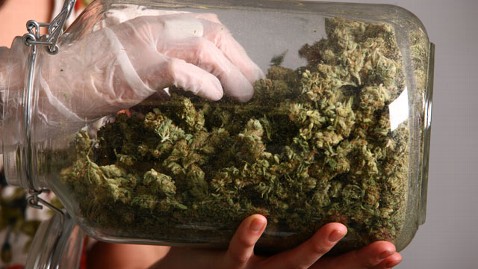Majority Now Support Marijuana Legalization, Poll Finds

Matthew Staver/The Washington Post/Getty Images
For years, supporters of marijuana legalization have pointed to polls trending their way, claiming the issue was about to tip as favorable to a majority of Americans.
Now, their prediction has finally come true.
For the first time, a major U.S. poll shows a majority of nationwide support for legalizing marijuana: 52 percent now back legalized pot, compared with 45 percent who oppose it, according to a new survey from the Pew Research Center. Pew has been asking about marijuana since 1969, when only 12 percent thought it should be legal, and 84 percent said it shouldn't be.
In the last few years, national polls have shown marijuana flirting with overall popularity.
In 2011, 50 percent told Gallup that marijuana should be legal-a record in that firm's polling. (That support sank to 48 percent last year.) ABC and The Washington Post found 48 percent support in November, and CBS found 4 7 percent in favor of legalization in the same month. Gallup reported in December that 64 percent said the federal government should step aside when states clear the way for pot.
The new Pew survey comes on the heels of two big victories for marijuana supporters in 2012, when Washington and Colorado became the first two states to legalize marijuana for recreational use.
Support has grown rapidly in the last three years. Since March 2010, when most opposed marijuana legalization and 41 percent backed it, support has grown by 11 percentage points in Pew's data. Since 2002, it's grown by 20 percent.
The legalization charge is being led by young people: Support ranked highest among 18-29-year-old respondents, 64 percent of whom think pot should be legal. Politically, liberal Democrats overwhelmingly think marijuana should be legal, at 73 percent.
But the idea of legalization has grown by making inroads among Republicans. Since 2010, the demographic that has shifted more support than any other-including groups broken down by age, political leaning, race, gender, and education-is liberal and moderate Republicans. Among them, support has jumped 17 percentage points in the last three years, from 36 percent in 2010 to 53 percent today.